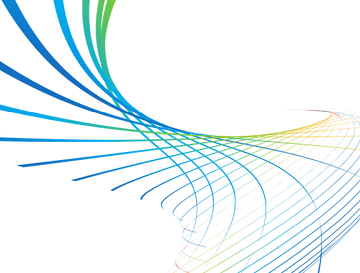
The Plan is published by the Directorate General for Education, Research and Cultural Institutes, after consultation with the Directorate General for Organization, as provided for by article 15 of the Prime Ministerial Decree of 2 December 2019, n. 169. It is a three-year planning document of the training, research and self-assessment activities of the MiC, in line with the strategies outlined in the planning phase of the administrative activity and with the institutional objectives of the Ministry.
The 2021-2023 Plan, drawn up with the contribution of School of Cultural Heritage and Activities Foundation, implements the strategic guidelines of the policies implemented in the post-pandemic from Covid 19, envisaged by the indications at community level present in the guidelines of Next Generation Eu and in the program of the European Commission New European Bauhaus.
Takes into consideration what was expressed by the Ministry in thePolicy act concerning the identification of political priorities from be realized in the year 2021 and for the three-year period 2021-2023 (DM 148 of 2 April 2021), with particular reference to the objectives indicated in Priority I.5 Research and Training:
- Promote higher education in the field of restoration and conservation of cultural heritage through the activity of the central institutes of the MIC, at a national and international level;
- Strengthen study, research and training activities, also through the School of Cultural Heritage and Activities.
Furthermore, the Plan takes into account the objectives of the National Recovery and Resilience Plan and ofUN 2030 Agenda for Sustainable Development; it connects with other programmatic documents of reference for the activity of the Ministry (such as the three-year performance plan, the three-year plan of positive actions, the national plan for education in cultural heritage).
It is divided into three areas, Training, Research, Self-assessment, for which reference contexts, objectives and planning principles are defined.
Training
“The health emergency from Covid 19 and the consequent recourse to smart working have accelerated the spread of distance learning, which has significantly expanded the offer system and, above all, the accessibility to courses. Within the organizational change, all of this translated into an increase in the hours of training provided and highlighted an interested demand ready for professional retraining. As a lever for change, training must accompany the organization in achieving its objectives and therefore must be closely connected to the expected results. The triangulation between the organisation, the training provider and the human resource involved goes in this direction.” By analyzing the data from the previous three years and those collected through interviews with the General Managers and focus groups, the Plan highlights strengths and weaknesses, opportunities and difficulties which it takes into account for the definition of strategic lines and training objectives.
Research
“Among the institutional aims of the Ministry, the carrying out of research activities in reference to its areas of competence assumes, with particular regard to the provisions of art. 9 of the Constitution, a role of crucial importance and transversal value". Starting from the analysis of some statistical data relating to the Research and Development activities carried out by the MiC Institutes, the Plan outlines the main research objectives for the next three years: Sustainability, Digitization, Accessibility, Innovation, Redefinition of skills for cultural heritage and reflection on training courses. Furthermore, it defines the planning of coordination, support and promotion of the research activities of the Ministry offices.
Self evaluation
"The primary purpose of self-assessment is to make the organization able to identify elements of weakness and strength, preserving them and making the most of them, in order to then plan initiatives, aimed at adapting capabilities and/or to improve performance, functional to ensure constant alignment with one's goals." The plan identifies the basic indicators on which to build specific qualitative-quantitative self-assessment sheets/forms, also with the support of the institutes' representatives for training and research.
Circular DG-ERIC n.41/2021 Three-year plan 2021-2023
3-year plan for educational, research, and self-assessment activities MiC 2021-2023
